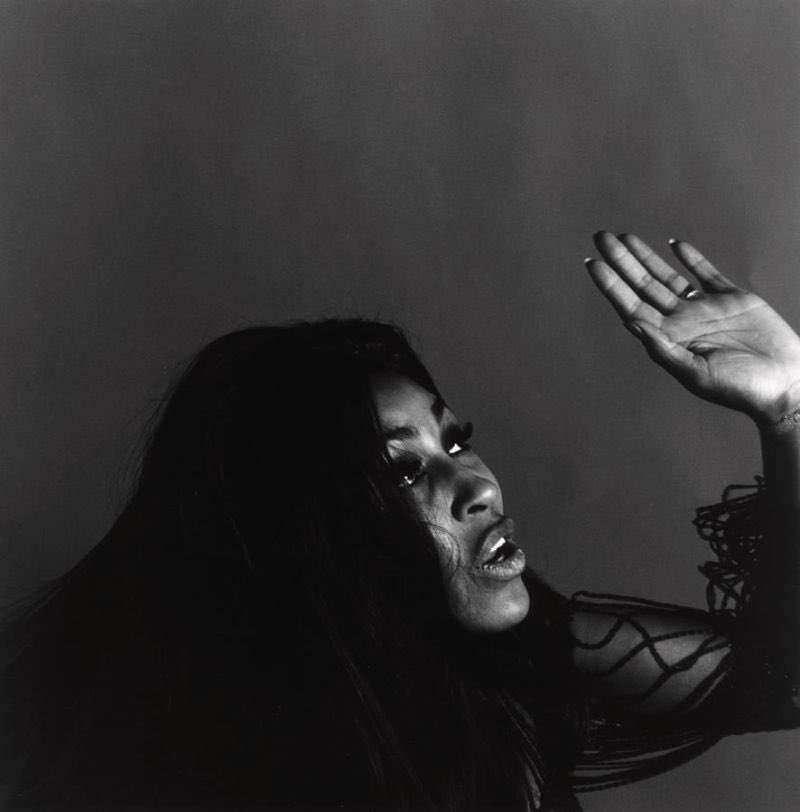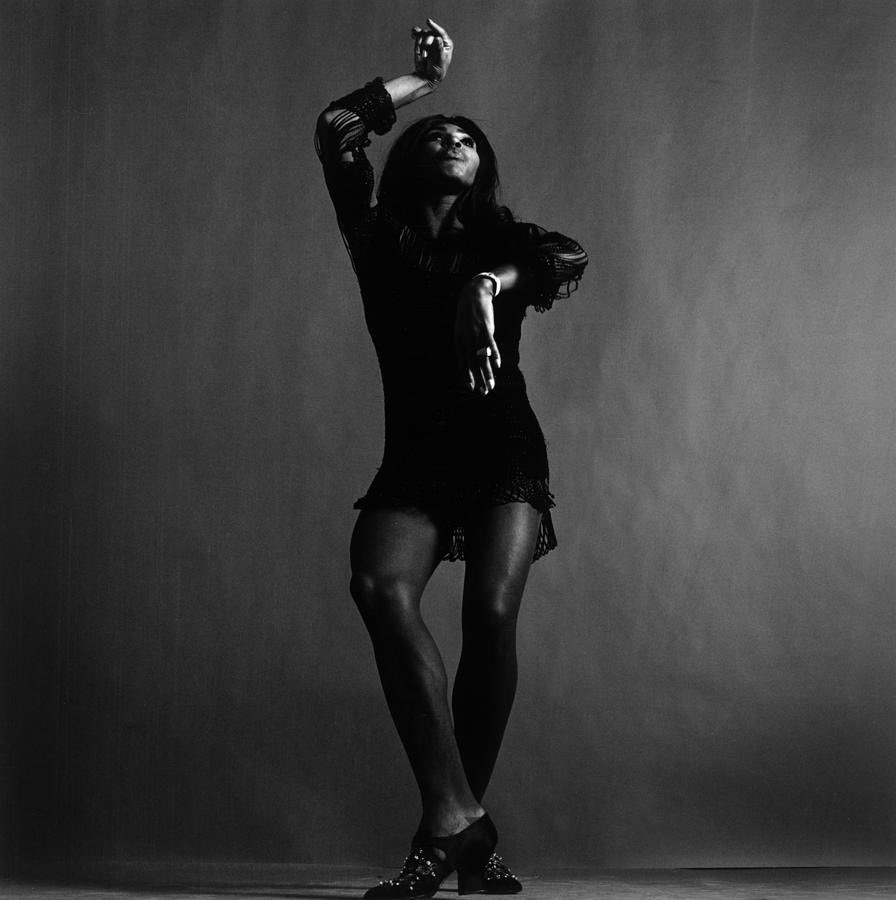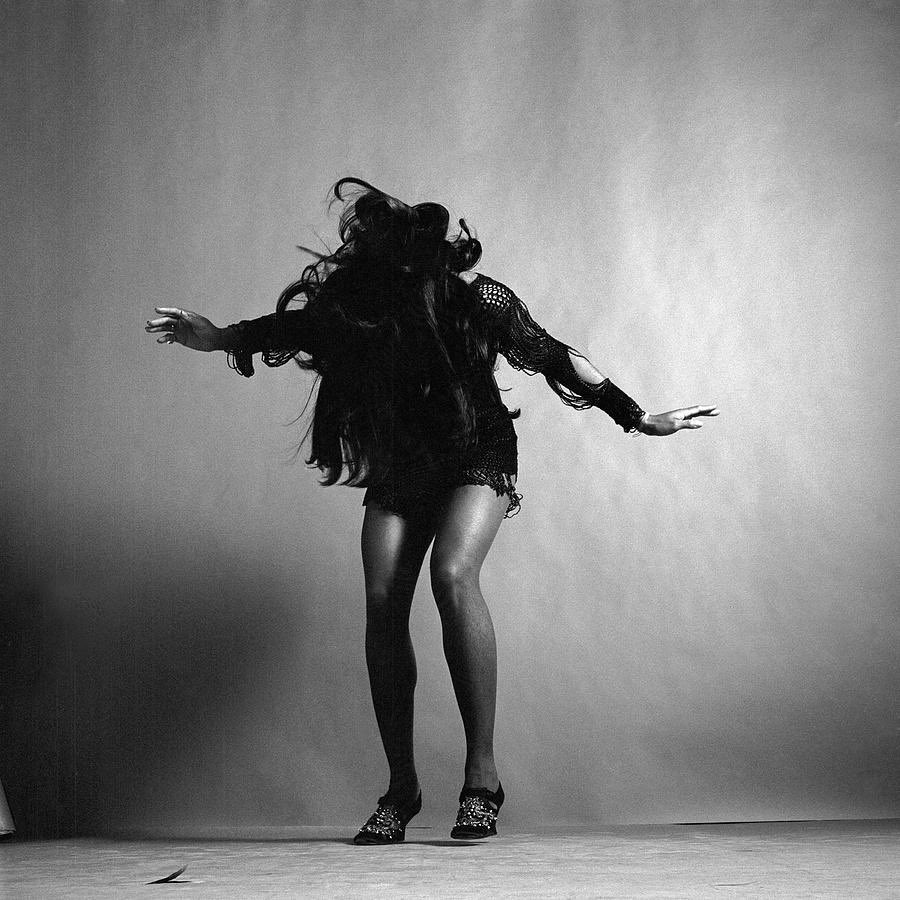Mae Mallory (June 9, 1927 – 2007) was an activist of the Civil Rights Movement & a Black Power movement leader active in the 1950s and 1960s. She is best known as an advocate of school desegregation and of Black armed
self-defense.
#blackwomenradicals
self-defense.
#blackwomenradicals

“Mallory was born in Macon, Georgia, on June 9, 1927. She later went to live in New York City with her mother in 1939.”
#blackwomenradicals
#blackwomenradicals
“In 1956, Mallory was a founder and spokesperson of the "Harlem 9", a group of African-American mothers who protested the inferior and inadequate conditions in segregated New York City schools.”
#blackwomenradicals
#blackwomenradicals
“Harlem 9" activism included lawsuits against the city and state, filed with the help of the National Association for the Advancement of Colored People (NAACP). By 1958 it escalated to public protests and a 162-day boycott involving 10,000 parents.”
#blackwomenradicals
#blackwomenradicals
“The boycott campaign did not win formal support from the NAACP, but was assisted by leaders such as Ella Baker and Adam Clayton Powell, and endorsed by African-American newspapers such as the Amsterdam News.”
#blackwomenradicals
#blackwomenradicals
“She supported Robert F. Williams, the Monroe, North Carolina NAACP chapter leader, and author of Negroes with Guns. During the Freedom Rides in August 1961, she worked with Williams in protecting SNCC activists who were demonstrating in Monroe.“
#blackwomenradicals
#blackwomenradicals
“This led to armed confrontations with white supremacists and allegations of kidnapping a white couple.”
#blackwomenradicals
#blackwomenradicals
“She went to Ohio, and was supported by the Monroe Defense Committee, & the Workers World Party, in her extradition & kidnapping trial.“
#blackwomenradicals
#blackwomenradicals
“In 1961–65, she was jailed for kidnapping, but was later released after the North Carolina Supreme Court determined racial discrimination in the jury selection.”
#blackwomenradicals
#blackwomenradicals
“A mentor to Yuri Kochiyama, on February 21, 1965, Mallory was present at the assassination of Malcolm X at the Audubon Ballroom. In April 1965, she was instrumental in a Times Square protest against the 1965 United States occupation of the Dominican Republic.“
“On August 8, 1966, she spoke at an anti-Vietnam War rally. She was an organizer of the Sixth Pan-African Congress held in Dar es Salaam, Tanzania, in 1974.”
#blackwomenradicals
#blackwomenradicals
Sources: Source: Wikipedia & “Mae Mallory, an often ignored militant activist” by Herb Boyd for the New York Amsderdam News. 📸: Photo of Mae Mallory. Retrieved from Amsterdam News.
m.amsterdamnews.com/news/2017/jun/…
en.m.wikipedia.org/wiki/Mae_Mallo…
m.amsterdamnews.com/news/2017/jun/…
en.m.wikipedia.org/wiki/Mae_Mallo…
For more information about #maemallory, please listen to the What’s Her Name podcast profile on Mae Mallory featuring Dr. Ashley Farmer: whatshernamepodcast.com/mae-mallory/
ID: Black and white photo of Mae Mallory. Mallory is looking away from the camera to the right and is smiling. She has a short hair cut and is wearing earrings. She is also wearing a white shirt with floral like patterns on it.
• • •
Missing some Tweet in this thread? You can try to
force a refresh















